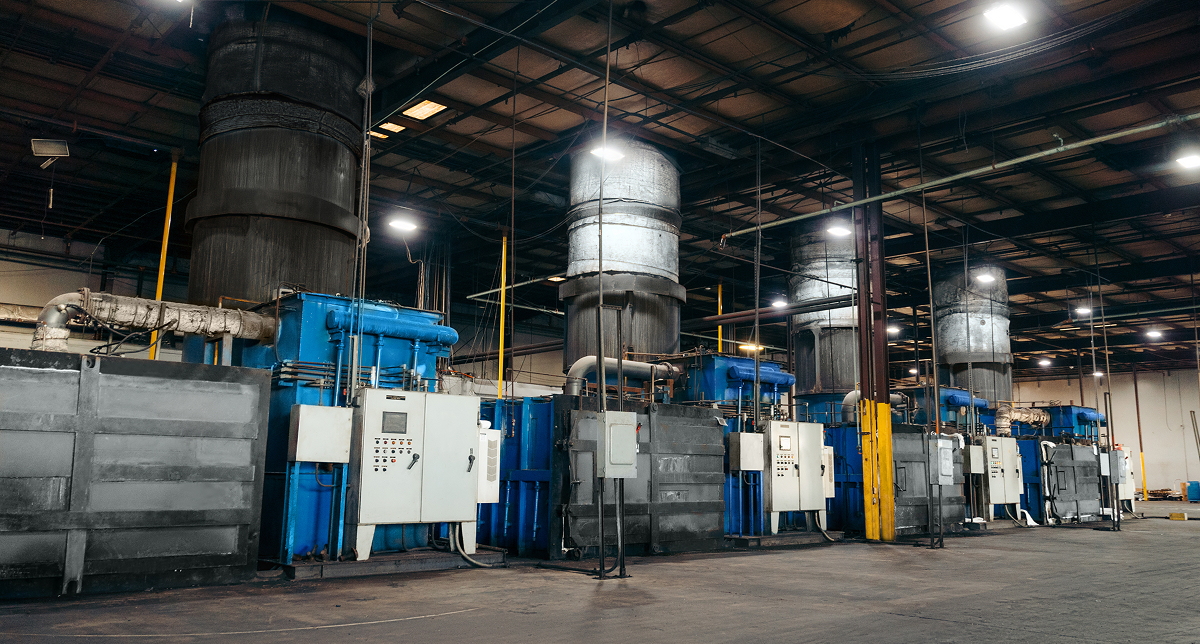As time passes, refineries need to plan their catalyst change outs. The increased demand can lead to delays in production, which puts pressure on suppliers as well as retailers throughout North America.
But there are ways you can help avoid hiccups by ensuring that all parts run smoothly at your plant during this busy period:
1) Begin planning ahead early;
2) Talk directly with downstream customers who may purchase fuel from multiple sources (such as branded companies or retailers with multiple locations) to communicate your plant’s planned turnaround schedule;
3) Manage expectations for seasonal turnarounds by setting up meetings in the spring, before summer driving season is at its peak, with your customers who are more price-sensitive.
Frequent catalyst changes can result in significant economy of scale savings when run back-to-back. A case study in the April issue of Hydrocarbon Processing showed how one refinery benefited from recycling its catalyst during two turnarounds in consecutive years, saving $1 million in costs plus 600 tons of platinum group metals (pgm).
Recycling can also help improve process reliability and uptime for the refinery itself. The targeted approach of recycling only the necessary units and beds means that less time is spent on maintenance and/or cleaning, which can lead to higher production levels and fewer shutdowns for maintenance than refineries without recycling capability.
Learn more about catalyst recycling
We work with petroleum refineries, chemical manufacturers, fertilizer manufacturers, and syngas companies. Get more information about the materials we process.
Recommendations When Scheduling Your Seasonal Turnarounds
This year, consider these recommendations when scheduling your seasonal turnarounds for the recycling of your hydroprocessing catalysts:
1) Implement standard operating procedures for catalyst recovery and recycling;
2) Improve communication with stakeholders on your catalyst recovery and recycling processes;
3) Invest in technology that facilitates catalyst recovery and recycling, so you can improve reliability and uptime without increasing maintenance time.
4) Conduct a root cause analysis on the causes of inefficiencies and problems associated with catalyst recovery and recycling;
5) Schedule your seasonal turnaround during off-peak seasons when possible.
Benefits of recycling hydroprocessing catalysts
Large amounts of waste spent catalysts are produced in the complex petroleum refineries, which include a high amount of metals and precious alumina. As a result, refineries search for recycling methods that allow them to re-use recovered metals or valuable alumina in the catalyst preparation process or in the metal industries.
Recycled catalysts result in metals that can be sold to generate income for refineries.
In addition, reducing downtime by improving catalyst recovery and recycling processes saves money for end users in the form of lower feedstock prices. For example, a plant that is down for a long period of time can see the price of feedstock increase, as it will be part of a smaller supply.
Recycling catalysts can help offset some expenses associated with catalyst changes. For example, recycling 1 ton of deactivated catalyst (DAC) could lead to an additional 60 pounds of pgm that can be sold; making up approximately 2.5 percent of the total pgm cost required by the plant per year.
A refinery can take these factors into account when scheduling turnarounds to make the most efficient operations possible and avoid any unforeseen issues.
How Catalyst Recycling Works
The concept for a recycling approach to minimize industrial spent catalyst waste has been applied for the recovery of metals. The recycling of a spent catalyst involves various steps such as de-oiling, drying, grinding, sieving and decoking.
Safe and environmentally-conscious catalyst recycling services
The most effective way to have a successful seasonal turnaround is by recycling catalysts.
Contact us for more information on how to set up a successful catalyst recovery, and recycling program at your refinery.



